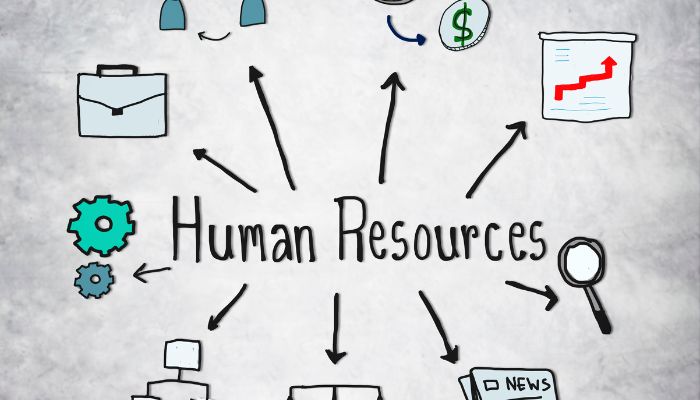Lifelong learning is a form of self initiated education that is focused on personal or professional development. Knowledge can be acquired and skills developed anywhere, however lifelong learning is about creating and maintaining a positive attitude to learning. Lifelong learners are motivated to learn and develop because they want to; it is a deliberate and voluntary act for them.
Since the Covid-19 pandemic, hiring and onboarding of employees have become remote processes. The firms now require different skills of their workforce like resilience, adaptability, and interpersonal skills. These changes have become a challenge for both candidates and employers. But there is one simple way to deal with these changes. By asking candidates about how they go about the process of learning, their personal system for updating, improving and sharing knowledge.
You might also be interested to read: Upskilling And Reskilling: How Companies Must Stay Relevant
The hiring manager needs to be open-minded and inclusive while asking the job candidate about their process of learning at the time of interview. That is partly to appreciate cultural differences and partly to take into consideration the incredible amount of ways learning happens, from courses, professional training, books, songs, movies, conversations, reflection, memories, and much more. It is about how the candidate goes about to make sense from all of it. How does he or she manage the content overload? And the candidate needs to ask about the learning culture and facilities for learning at the firm. That will help the candidate understand the kind of environment he or she might be walking into.
Ways to incorporate lifelong learning
- Recognize and follow your personal interests and goals. Lifelong learning is about you, not other people or what they want. You will need to reflect and figure out what you are passionate about or what field or subject you want to explore.
- Fitting a new learning goal in your busy life may be very challenging and require a lot of consideration and effort. You can start by developing positive learning habits. Choose activities that suit your personality and lifestyle so that there is a greater chance of them turning into habits that stay with you for a long time. These activities can be anything like reading an article per day, taking out time to write a journal each day, or finishing a book a month.
- Another important thing that you can do is to make a list of what you want to learn. Maintaining a list of things that you have learned or want to learn will help you keep track of your goal. Keep this list with you throughout your career, not just for your current employer. And also write down how and where you have applied the skills you have learned.
Future performance of an individual depends upon systematic and intentional skill development as much as it depends upon past achievements and qualifications. And the capability and value of the firm is in turn dependent upon the collective skill of their workforce. Lifelong learning is now considered to be the only sustainable competitive advantage. Candidates and employees who update and improve their skills are in fact the high performers of the future especially over the long run.
References:
- Identify — and Hire — Lifelong Learners | Harvard Business Review | Marc Zao-Sanders | May 13, 2021
- Lifelong Learning | VALAMIS | April 8, 2019
You might also be interested to read:






